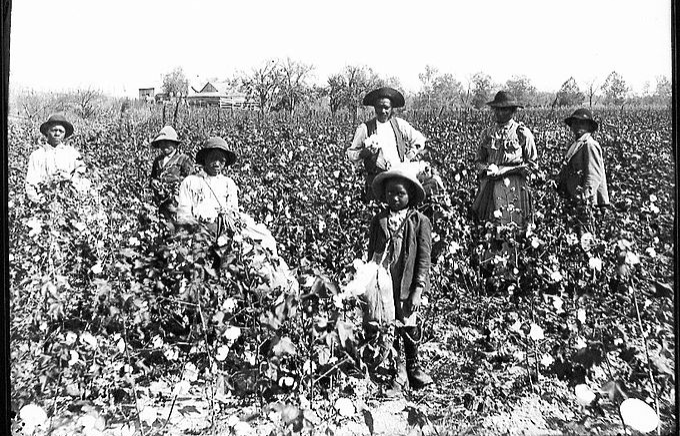915: 3/4 FDR's Funeral Train: A Betrayed Widow, a Soviet Spy, and a Presidency in the Balance, by Robert Klara

Image: Just south of Danville, the train stopped to take on water from a tall wooden water tank that was surrounded by farm fields. During the hasty stop, an elderly black farmer appeared near the train and began singing “Hand Me Down My Walking Cane.” Then, as if on cue, other voices joined in one after another. FDR's Funeral Train: A Betrayed Widow, a Soviet Spy, and a Presidency in the Balance, by Robert Klara (https://www.amazon.com/Robert-Klara/e/B002WYBCAY/ref=dp_byline_cont_ebooks_1) Weaving together information from long-forgotten diaries and declassified Secret Service documents, the journalist and historian Robert Klara exposes the private tensions and conflicts of a journey long shrouded in mystery. In April 1945, the funeral train carrying the body of Franklin D. Roosevelt embarked on a three-day, thousand-mile odyssey through nine states before reaching the president's home where he was buried. Many who would recall the journey later would agree it was a foolhardy idea to start with—putting every important elected figure in Washington on a single train during the biggest war in history. For the American people, of course, the funeral train was just that–the train bearing the body of the deceased FDR. It passed with darkened windows; few gave thought to what might be happening aboard. A closer look inside the train, however, would reveal a Soviet spy about to leak a state secret, a newly widowed Eleanor Roosevelt who just found out that her husband's mistress was in the room when he died, and the entire family of incoming president Harry S. Truman. The thrilling story of what took place behind the Pullman shades, where women whispered and men tossed back highballs, has never been told. On the occasion of the sixty-fifth anniversary of FDR's death, Klara chronicles the action-packed three-day train ride during which, among other things, Truman hammered out the policies that would galvanize a country in mourning and win the Second World War.